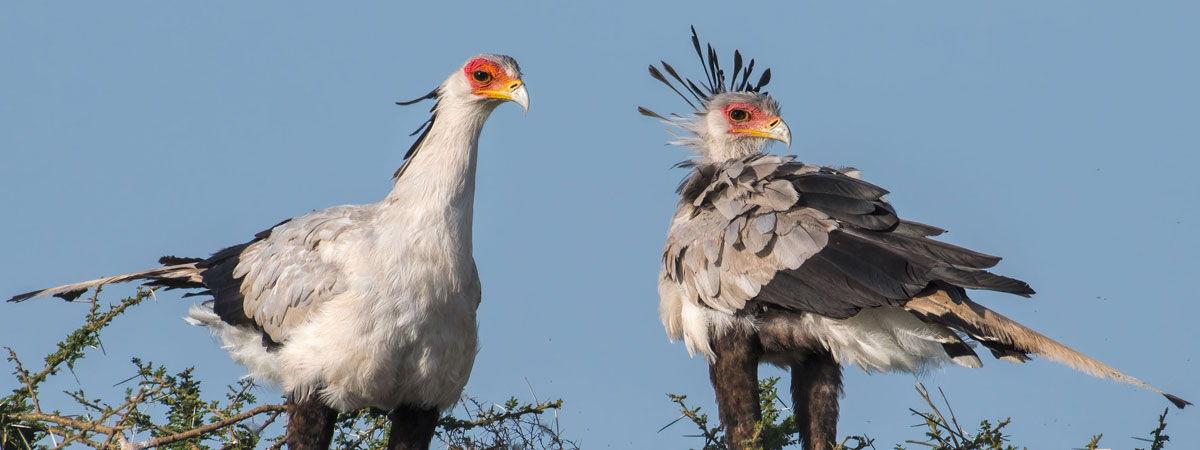Are wildlife conservation and wildlife safaris just for rich foreigners?
Someone recently posted on our forums that wildlife conservation was just for rich westerners.
The gist of his argument was that the parks and reserves where wildlife is conserved and protected are usually remote and once you get there you need a 4×4 to get around.
In addition to that the costs of park fees, conservation fees and accommodation soon takes the costs way beyond the reach of most local citizens.
In many cases these arguments are valid but there are exceptions.
Kruger National Park
Perhaps the best and most striking exception is Kruger National Park in South Africa.
I have to admit that I have not always been a fan of Kruger Park. With a background in rugged 4×4 safaris in Kenya I saw Kruger’s tarred roads teeming with family sedans as more akin to an English safari park.
I’d completely missed the point.
A park for everyone
It took me a few visits to understand that it was its very accessibility that made Kruger the great park that it is.
In Kenya, to get into the Maasai Mara you need to purchase a smart card in advance. OK, so no spontaneous visits then.
Assuming you have no problem with the 6 hour drive from Nairobi you then enter a park where the mud tracks challenge even the most experienced drivers.
Oh yes, and it will cost you US$70 per person per day in park fees, plus a charge for the vehicle. Your overnight accommodation will not come cheap either meaning that a 3 day safari with accommodation is going to cost hundreds of dollars.
To get into Kruger Park will cost me – a foreigner – about US$20, locals pay around US$5. At US$5 per head you can afford to take the family into the park.
Because the roads are well maintained you can visit the park in your family car. Of course a 4×4 gives better visibility but it’s not essential.
Accommodation too is accessible. Kruger NP has 13 rest camps where visitors can stay in reasonably priced accommodation with restaurants and shops that don’t charge the earth. There are plenty of picnic sites too.
SAN Parks have a terrific website with all the information anyone could need to plan a visit to the park and booking is a simple matter.
It’s not surprising that so many South Africans visit Kruger Park on a regular basis and take their children there. Not surprising either that so many South African kids grow up with a passion for their country’s wildlife.
A different approach
To me the differences are fundamental.
In Kenya and Tanzania the game parks – and the infrastructure that surrounds them – have been developed to accommodate tour operators, not private travellers.
In South Africa, Kruger Park has been developed to give people access to their country’s wildlife without the need to pay a tour operator.
For those wanting an organised safari there are scores of wonderful lodges in private concessions adjoining the western boundary of Kruger NP. Here you can enjoy the ultimate in luxury.
Perhaps it is not really fair to compare the open plains of the Serengeti or Maasai Mara with the more confined Kruger NP. The safari experience is completely different.
Quality game viewing
At any one of the high end Kruger lodges you can be pretty much guaranteed sightings of the Big 5, with a minimum of driving. I’ve regularly had sightings of all 5 in one day – just 2 game drives.
In Kenya and Tanzania you can see them too, but it will usually involve long hours on bone-jarring roads. Of course Kruger doesn’t have the spectacular landscapes that East Africa’s rolling plains present, but it is much more ‘up close and personal’.
Which approach is will work?
At a time when conservation is a hot topic and poaching is threatening to decimate Africa’s elephant and rhino populations which park will be most successful at persuading its country’s citizens to value their wildlife and take steps to ensure it has a future?
Will it be the one that conserves its animals in such a way that puts them beyond the reach of its citizens so wealthy foreigners are the only ones who get to see them or the one that makes them accessible to the entire population?
In my view the only way we are going to stand a chance of winning the war on poachers is to get local people to join the fight and the only way they are going to do that is if we can convince them that it is something worth fighting for.
PS. Not all Kenya’s game parks are as remote or as costly as Maasai Mara. Nairobi National Park is an absolute gem, offering amazing game viewing within sight of one of Africa’s busiest cities.

